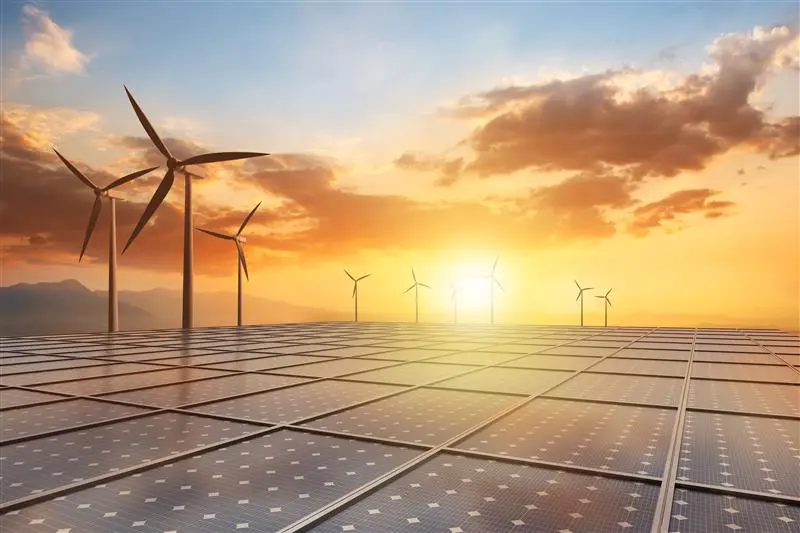Jefferies, a prominent investment bank, released a report on Thursday discussing whether global warming is accelerating and the factors contributing to this trend. Based on conversations with climate experts, the report concludes that while warming acceleration is evident, its magnitude depends on the timescales used for analysis.
- Rising CO2 Emissions: Over the past 60 years, global CO2 emissions from fossil fuels have quadrupled, significantly contributing to planetary warming. Natural carbon sinks, like oceans and forests, continue to absorb emissions, but their efficiency is declining.
- Warming Rate: Scientists have observed an increase in the warming rate, from 0.18°C per decade (1970-2010) to at least 0.27°C per decade post-2010. However, shorter timescales show less conclusive evidence of acceleration.
- Cooling Aerosols: The reduction of sulfate aerosols, which once mitigated warming by reflecting sunlight, could be another reason for the observed increase in warming rates.
The report stresses the critical need to address emissions. At the current rate, the remaining carbon budget to limit global warming to 1.5°C is estimated to last just seven years, while the 2°C threshold allows for only 28 years.
Carbon Removal Solutions: Technologies like Direct Air Capture (DAC) and Bioenergy with Carbon Capture and Storage (BECCS) are gaining attention as methods to combat emissions, but the report notes that these will only help if emissions are drastically reduced.
Ultimately, Jefferies warns that continued emissions will result in ongoing climate change, with escalating impacts and the necessity for adaptation.










